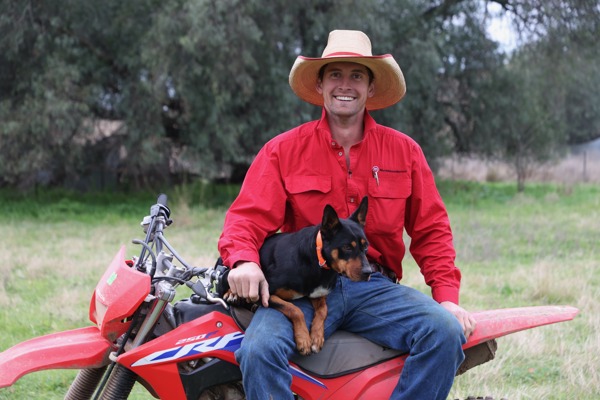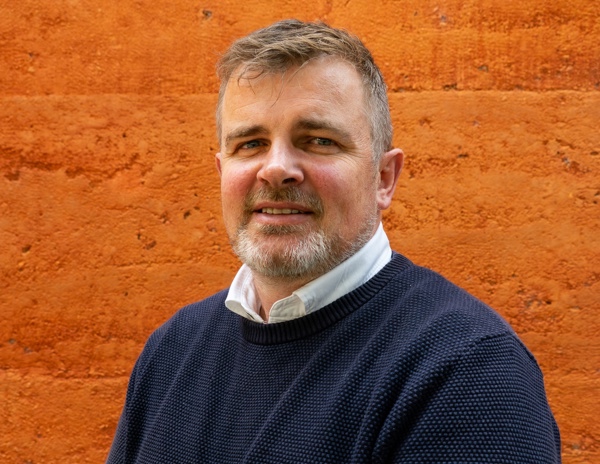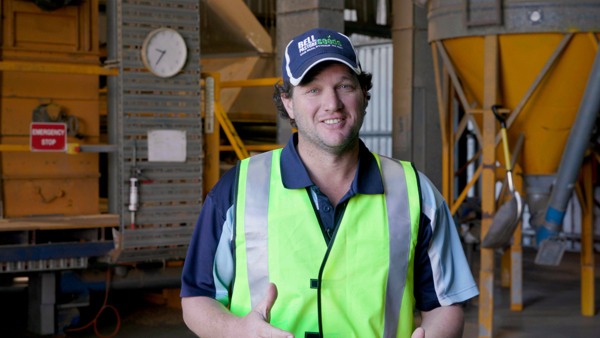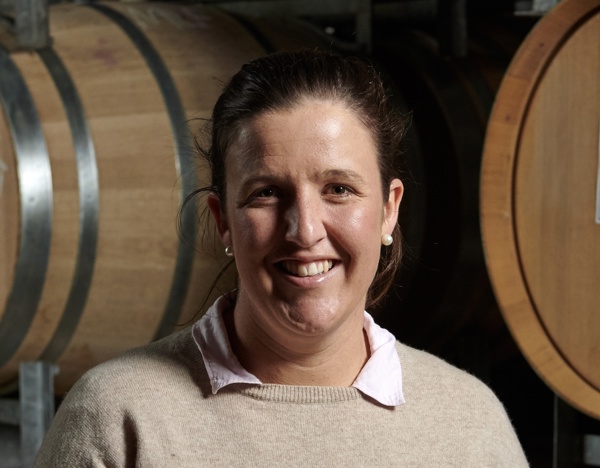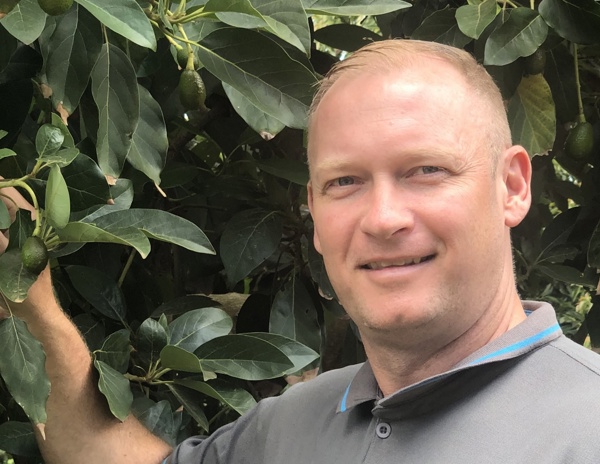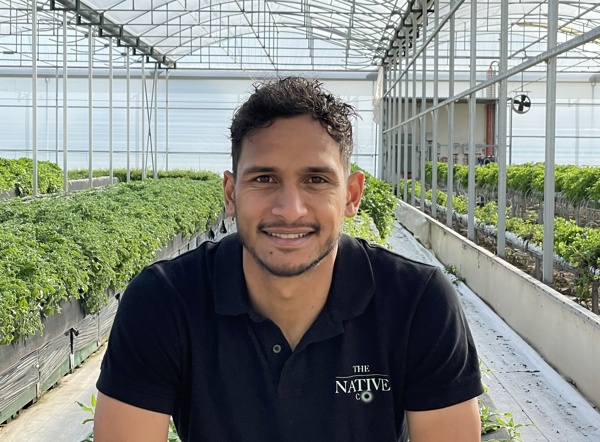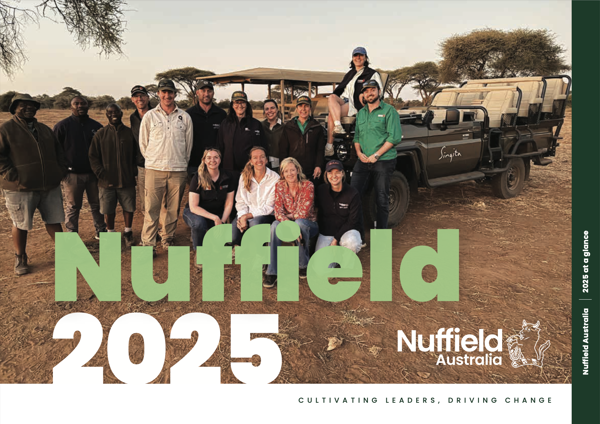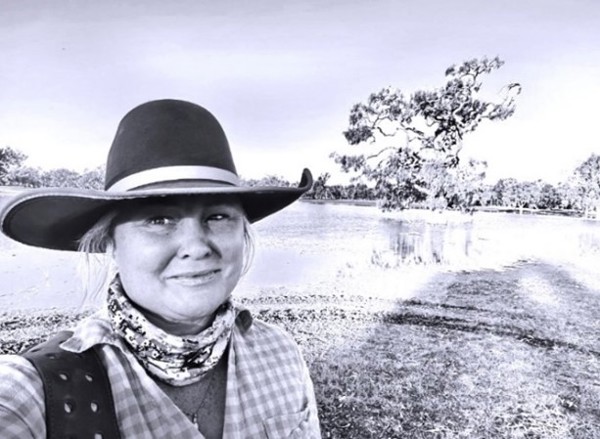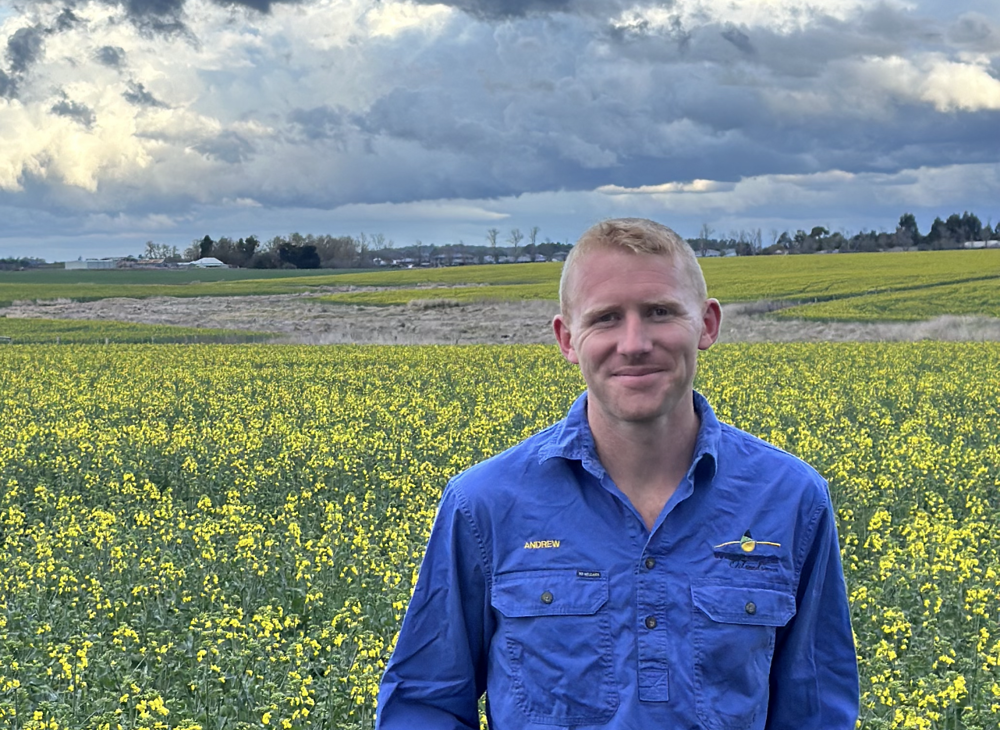
Australian Canola Fuelling a Greener Flight Path: Unlocking the Potential of Sustainable Aviation Fuel
“Australia has the chance to be a global leader in sustainable aviation fuels, and our canola industry holds the key. By building a domestic SAF industry, we can cut emissions, create jobs, boost farm profitability, and secure our fuel future.”
A Victorian oilseed processor and lamb producer is calling for Australia to harness its canola production and take flight in the global shift towards low-emission aviation, outlining a pathway for the nation to lead in sustainable aviation fuel (SAF) manufacturing.
Andrew Ham, 2020 Nuffield Scholar, has released a comprehensive report on biofuels and the opportunity for Australia to leverage its canola industry in the production of SAF. Supported by The William Buckland Fund, Andrew’s research outlines how canola — already a key export for biofuels in Europe — can be used domestically to build a sovereign, scalable SAF industry.
“Currently, over 70% of Australian canola is exported to Europe, where it’s used in biofuel production. But with global SAF demand rapidly increasing, and edible oils like canola in short supply, we’re in a prime position to do more than just export raw seed, we can refine, manufacture, and lead the SAF transition right here,” Andrew explains.
Andrew travelled to Chile, Kenya, New Zealand, and across Australia, investigating global SAF initiatives, refining processes, and the scalability of HEFA (Hydroprocessed Esters and Fatty Acids) — the most mature and cost-effective SAF pathway. His report argues that converting Australia’s retired fossil fuel infrastructure into domestic HEFA facilities could provide an affordable, rapid entry into SAF production, without extensive new builds.
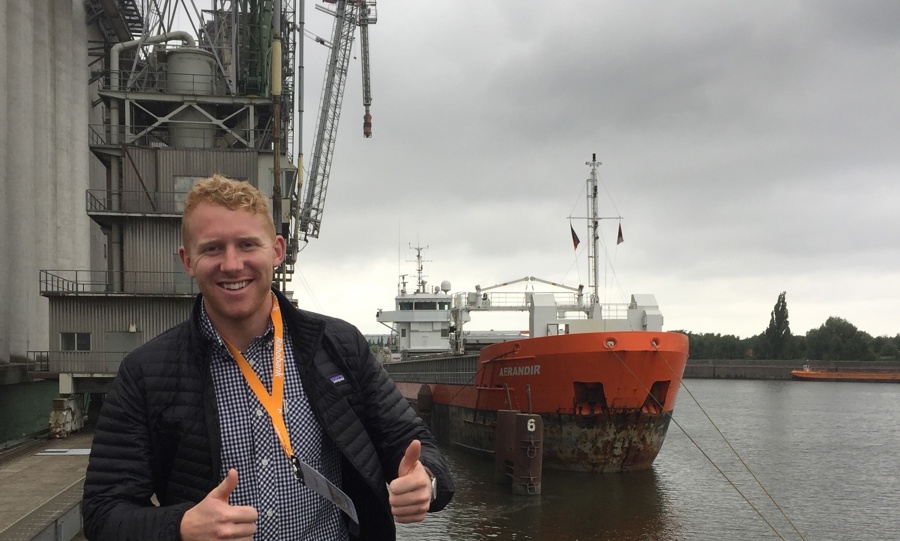
“By investing in SAF facilities near Australia’s major canola-producing regions, we can crush, process, and refine canola domestically, securing protein meal for livestock and reducing reliance on imported fuels, all while helping decarbonise the aviation sector.”
The report notes that Australia currently crushes just a fraction of its canola crop, with the vast majority shipped overseas. A domestic SAF plant would not only increase local processing capacity, but also drive job creation and regional economic development — particularly as mining-related employment begins to wane.
Andrew also highlights the environmental benefits. “Using canola-based SAF can cut emissions by over 50% compared to fossil jet fuel. The global aviation industry has set net-zero targets for 2050, and they can’t get there without agriculture. We can be part of the solution.”
With Australian government initiatives like the Future Made in Australia Act and ARENA SAF grants gaining traction, Andrew’s report serves as both a roadmap and a rallying cry for industry, government, and farmers.
“This isn’t just a farming story, it’s a nation-building opportunity. If we get this right, Australia can become a powerhouse in clean fuels and future-proof one of our most important crops.”
Andrew’s full report and presentation at the 2024 Nuffield Conference in Launceston, Tasmania are available on the Nuffield Australia website.
